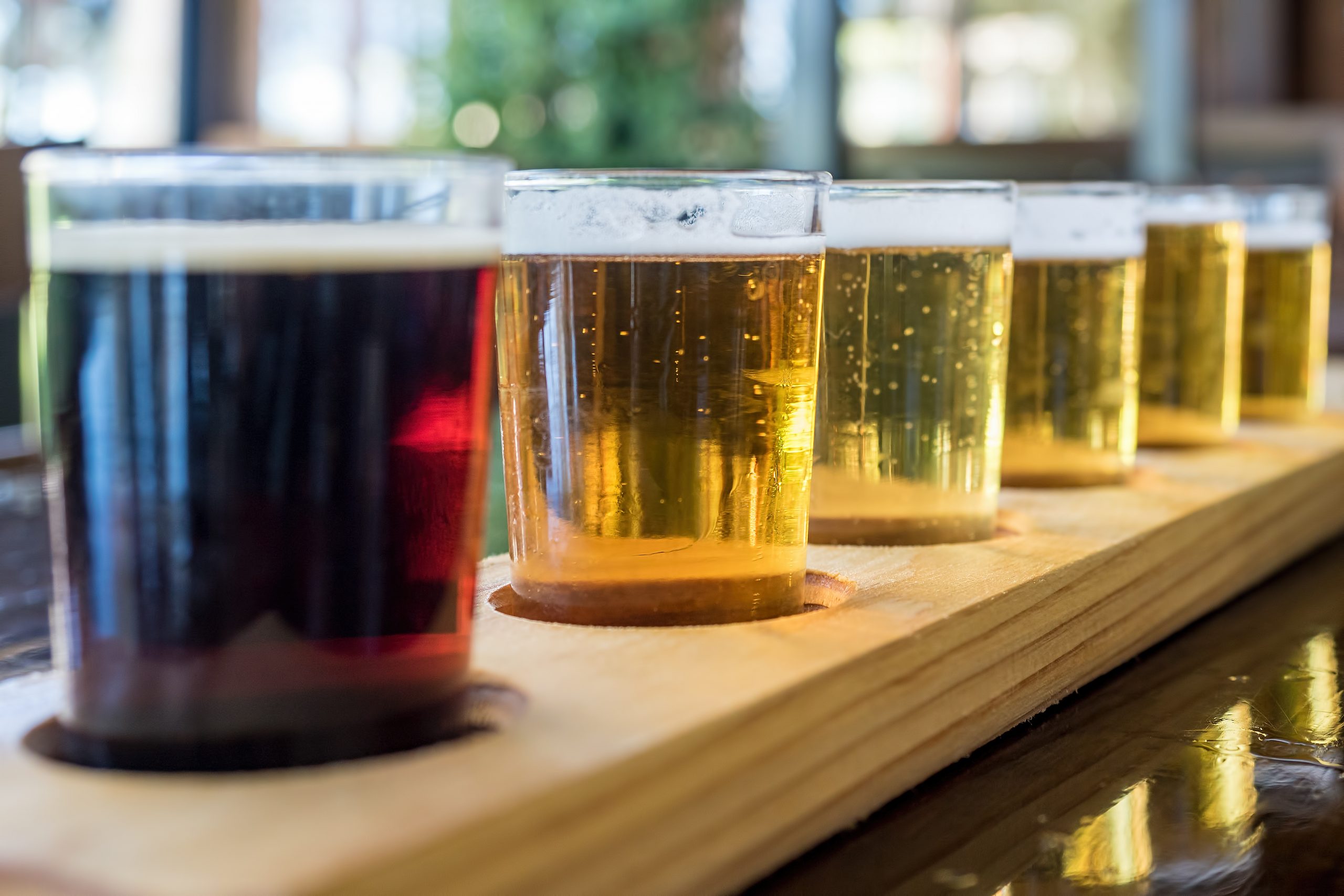
Beer, Management
What Your Bar Needs to Know About Navigating Craft Beer in the Buyout Era
By Dave Eisenberg

By Dave Eisenberg

This past May, Anheuser-Busch InBev added to its stable of craft beer brands by acquiring Wicked Weed of Asheville, North Carolina. In many ways, the deal was entirely unsurprising. The world’s largest brewery is in the midst of a multi-year spending spree, which has seen it gobble up a number of once independent breweries all over the map. The reaction, too, was unsurprising. Just like with deals past, brewers spoke out, incensed that a company they believe actively works to hurt craft beer was again buying its way into the space.
This time, though, the rebuke was a bit more forceful and came from more than just brewers. In fact, in light of the Wicked Weed transaction, breweries found themselves suddenly joined by a notable chorus of bars and restaurants, echoing their dissent, with many beer joints publicly vowing to no longer carry any products owned by AB InBev. It was bars and restaurants officially taking up metaphoric arms alongside brewers in the war against Big Beer. And these are the businesses we’d like to focus on today. Because if a bar wants to vocalize allyship with small brewers on this issue, there are serious considerations they need to make to ensure the stance isn’t an empty gesture or grounded in hypocrisy.
It’s not controversial to say that Wicked Weed makes genuinely amazing beer. But don’t take it from me. Take it from Jeffrey Stuffings, of Jester King, a similarly renowned brewery in Austin, Texas. His company swore off the brand, removing it from its own taproom in light of the sale, but no less believes in its quality. “We think Wicked Weed beer is some of the best in the world,” he wrote at the time of the sale. “Their talent, techniques, and patience produces some of the most beautiful beer we’ve ever tasted.”
And, contrary to what your average Facebook commenter might have you to believe, that’s not likely to change one iota now that AB InBev owns the company. Not to mention, selling to a conglomerate–or private equity firm or other craft brewery–can help not only line entrepreneurs’ pockets, these deals can create new roads to growth. As such, it’s important to remember, if this is a hill you want to fight on as a bar or restaurant, it could mean willfully rejecting what is considered objectively good beer.
More than that, though, taking this stand is a question of ethical principle, and whether that ethical principle outweighs your driving desire to stock certain high quality beers.
To that end, you should think about what such a proclamation might mean for your business, not in the moment itself, but going forward. Ask yourself, “What will I do if and when I wake up one day to learn that AB InBev has acquired a brand that has proven important to my program? Will I stop stocking it and lose an important source of revenue? Or will I revisit our policy?”
Simply put, making this type of statement from afar and in response to a piece of news is easy. It’s much more difficult to walk back the statement when the corporation behind the King of Beers signs a check your business can’t cash.
Quality and ethics aren’t the only issue to think about though.
And if you don’t know your stuff–or if you enforce these types of blacklists inconsistently or arbitrarily–you risk appearing both ill informed and hypocritical.
It’s true, many craft breweries consider AB InBev an enemy to their own cause. But it’s hardly the only company you could call “Big Beer,” and it’s hardly the only company making everyone feel uncomfortable by buying into the space. So if you want to throw the gauntlet down against AB InBev, be prepared to follow the money elsewhere, too.
For instance, if you’re unwilling to carry beer from the likes of Wicked Weed (or Golden Road, Elysian, Goose Island, Devil’s Backbone, or any other AB InBev “High End” brand), but are willing to carry beer from the likes of other formerly independent craft beer darlings, be prepared to explain your reasoning.
If you carry Founders, which sold a minority stake to Mahou San Miguel, Spain’s largest brewer, back in 2014, or Lagunitas, which sold a stake to Heineken in 2015 before selling the rest of the company this past spring, but not AB InBev products, why? Why stock one but not the other? There could be legitimate reasons to maintain some flexibility in your stance on independence as it relates to what you carry. Not all businesses operate the same and you may be comfortable with the practices of one and not another. That’s fine. Just be sure you know what those reasons are.
This has played out already. Earlier this year, I reported a story about a budding boycott of Ballast Point in Chicago. Bars had by and large been okay with the fact that Constellation Brands had recently acquired the company. Then they caught wind of Constellation’s own lobbying efforts in Washington, D.C. and suddenly Ballast Point became a target. “We’re gonna have to start holding these brands like Ballast Point accountable for the decisions that they make and the people that they align themselves with,” Dale Lewis, owner of Minor Threat, told me at the time.
This is all to say, the business of beer has never been more complicated. And it’s okay to feel strongly about which businesses are owned by which other businesses. But if you make this concern a part of your bar or restaurant’s public-facing identity, it’s crucial to consider what you’re saying, how you’re saying it, and why.
What do you think? How should bars navigate the muddy waters of serving craft beer in the buyout era? Let us know in the comments section below.
For more insight into bar management techniques and how to get the most out of your bar, keep up with the BevSpot blog by creating your personal account. You’ll get notifications when we post new articles, as well as exclusive access to our industry tools and guides.
